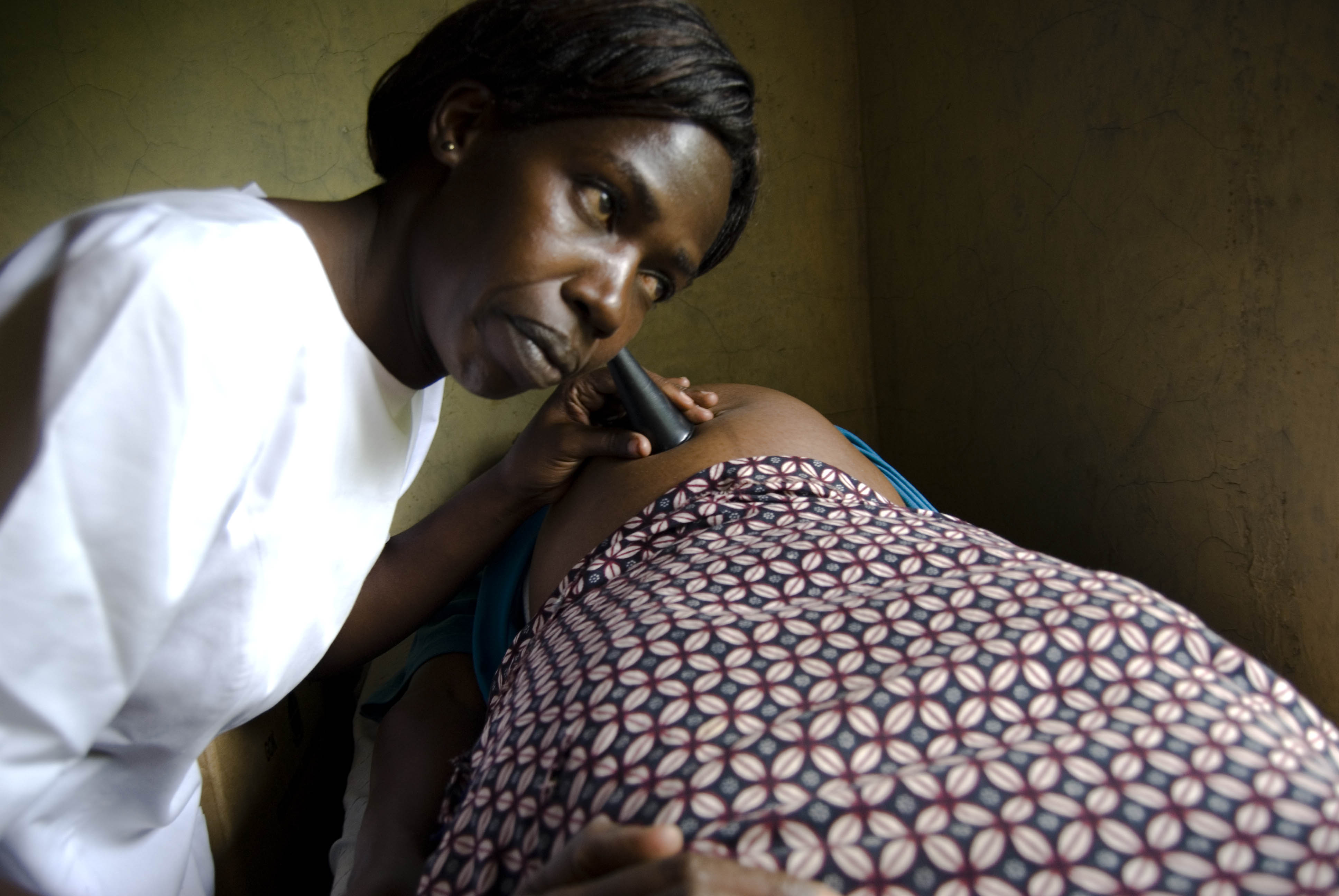When her prospective in-laws rejected her because of her HIV status, Tuahepa spoke to IRIN/PlusNews about her decision to fulfil her dream of becoming a mother - with or without a partner.
"I wanted to be married and have a child, and that marriage did not work out [when] my in-laws said they wouldn't marry an HIV-positive woman who could not deliver babies.
"Of course ... having children meant I was putting their son in danger by infecting him. We had planned to go for artificial insemination, but I think this information was not communicated to my in-laws.
"The other thing was that if he could get a child freely, why pay for a child? You know, take money out for the insemination, the tests and the travel to South Africa. There are no hospitals in Namibia doing it.
"Because I had invested seven years in that relationship, the thought of going and building another relationship [was too much]. I went into depression. For the first time I was reminded about my HIV status, like the first time I was diagnosed - I really felt it.
"So I decided to have [a child of] my own. I needed to take a wise decision ... and to make sure I delivered my child without any complications. That's why I took unpaid leave and went to stay in South Africa and delivered my daughter there, and then returned [to Namibia] the following year.
"It's your first pregnancy, and the fact that you opt to go where there is not even your family, or people who can support you, and you leave everything behind - that is a sign of how strong stigma and discrimination are.
"I think that was a decision that could be an assumption of how people would have reacted, and knowing the culture background, but I was also taking a decision on behalf of my daughter.
"I didn't want her to appear in the newspapers of Namibia the day she was born. My decision to disclose my HIV status was my own decision, and I want her to get involved [in HIV and AIDS] when she wants to.
"For me, the birth of my daughter was also a rebirth for me. I used to tell her when she was a baby that in heaven there probably were so many babies, and God was saying, 'who is going to go to that HIV-positive woman?’ I used to tell her I was so proud of her because she chose me."
llg/kn/he
This article was produced by IRIN News while it was part of the United Nations Office for the Coordination of Humanitarian Affairs. Please send queries on copyright or liability to the UN. For more information: https://shop.un.org/rights-permissions
